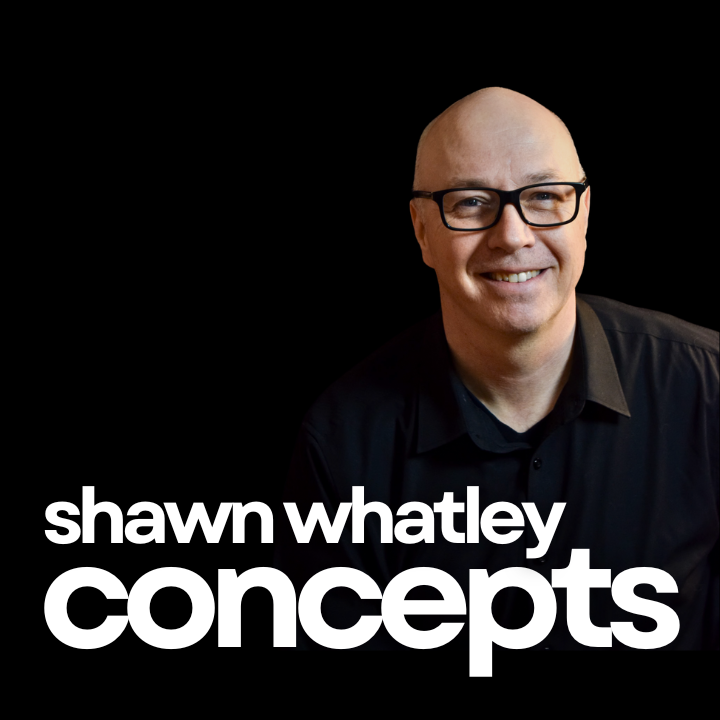Donald Trump revived George Grant.
Grant was a rare academic to win name recognition outside the university, especially for a Canadian. His Lament for a Nation launched a 1960’s version of Canadian nationalism, while also birthing Canada’s New Left.
The current fad of anti-American, Canadian nationalism is anemic gruel compared to Grant’s. But as they say in publishing, ‘There’s no such thing as bad press.’
It’s worth knowing about George Grant. If you lack time to read his prolific output, this episode with Professor Geddert offers a summary.
Thanks for taking a look!
AI summary:
In a recent interview on our podcast, we delved into the complex philosophical terrain of Canadian nationalism and identity with Dr. Jeremy Geddert, an associate professor of political science at Assumption College, renowned for his expertise on the thought of George Grant — considered one of Canada’s most significant political philosophers.
Understanding George Grant’s Historical Impact
We began by discussing George Grant’s critical views of the Laurentian elite and his influential work “Lament for a Nation,” where he decried the erosion of Canadian identity by American influence. Grant’s philosophy, as explained by Dr. Geddert, warned against forgetting Canada’s distinctive roots and highlighted the risks of becoming culturally subsumed by the United States.
The Notion of Canadian Nationalism
Dr. Geddert reflected on the resurgence of Canadian nationalism, particularly in how it juxtaposes with American influence. He noted that Grant’s conservative thought provides a framework for a distinct Canadian identity, one that isn’t merely defined by what it is not (i.e., non-American), but by its own intrinsic values and traditions.
The Conservative Vision for Canada
The discussion also veered into the complexities of conservatism and its application to Canadian politics. Grant’s ideas challenge both modern libertarianism and progressive liberalism by emphasizing an eternal moral order that transcends mere politics. This ties into the broader question of how political governance should respect inherited cultural and moral traditions without slipping into oppressive authoritarianism.
Economic Reflections and Capitalism Critique
Additionally, the conversation touched upon Grant’s critique of corporate capitalism, arguing that profit-driven enterprises often lack a commitment to national interests. This prompts a broader discussion on the relationship between capitalism and national identity, which, as Grant critiqued, often privileges economic efficiency over cultural preservation.
Philosophical Underpinnings: Hegelian Thought
Dr. Geddert also provided insights into Grant’s philosophical grounding, particularly his divergence from Hegelian historicism. Unlike Hegelians who see history as an inevitable march towards a universal state, Grant insists on maintaining particular national identities. This philosophical stance encourages a reflection on the very purpose of a nation beyond mere economic prosperity or political stability.
Conclusion: A Call for Authentic Canadian Identity
The dialogue with Dr. Geddert concluded with a compelling call to action: to develop a Canadian identity that stands on its own, not simply as a counterpoint to American cultural dominance. By drawing on Grant’s philosophies, Canadian conservatism potentially offers a rich tapestry of values that affirm Canada’s unique place in the world. As we grapple with the future of Canadian politics and identity, George Grant’s legacy offers a beacon of thoughtful contemplation, urging us to ask who we are as a nation and where we want to go. This inquiry remains as relevant today as it was in Grant’s time, inviting all Canadians to engage deeply with their heritage to form a cohesive national identity. Engage with us in this conversation by subscribing to our podcast and sharing your thoughts on what Canadian identity means to you in today’s world.


